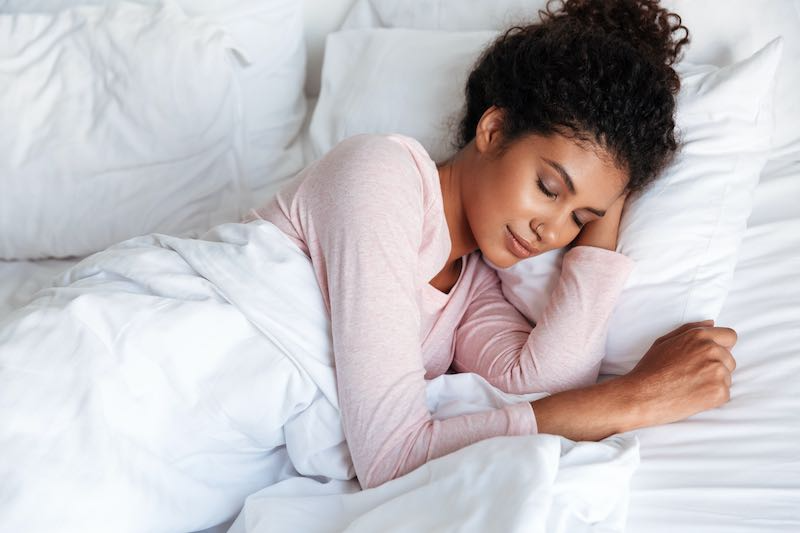What Is Sleep Hygiene?
Sleep hygiene refers to your bed-time habits and environmental conditions that support healthy, restorative sleep. Practising good sleep hygiene doesn’t require you to make drastic changes. Instead, small, consistent adjustments can make a substantial difference to your sleep quality.
Why A Good Night's Sleep Matters
Its a well known fact that sleep quality influences your mood. A good night’s sleep helps your mind and body recover, maintain energy, and cope with daily challenges. Poor sleep can lead to feeling irritable and low on energy. Conversely, changes in mood can sometimes affect sleep patterns. Many people experience occasional sleep difficulties, which can become more common due to multiple factors.
Practical Sleep Hygiene Tips

Patients often benefit from incorporating these strategies into their daily routine:
Limit caffeine after 4 p.m.
Avoid heavy meals within two hours of bedtime
Keep a consistent sleep schedule — wake up and go to bed at similar times each day
Optimize your sleep environment — use blackout curtains, eye masks, or earplugs to reduce light and noise
Go to bed when sleepy — if unable to sleep, get up and engage in a quiet, relaxing activity until you feel tired
Write down worries or plans before bed to clear your mind
Reserve the bed for sleep only — avoid working, eating, or using electronic devices in bed
Exercise during the day — regular activity supports sleep, but avoid intense exercise close to bedtime
Stay hydrated and eat balanced meals
Establish a calming bedtime routine — consider a warm bath, gentle stretching, or listening to soothing music
Understanding Your Body Clock
Your body follows a natural sleep-wake cycle called the circadian rhythm. Maintaining consistent sleep and wake times supports this rhythm, helping you fall asleep more easily and feel more alert during the day.
Keeping a Sleep Diary

A sleep diary can help patients track patterns and identify habits affecting sleep. Record:
Bedtime and wake time
How long it takes to fall asleep
Night awakenings
Daytime naps
Meals, caffeine or alcohol intake, and exercise
How alert and rested you feel the next day
Monitoring sleep for two weeks or more can highlight helpful and unhelpful behaviours. If difficulties persist, review your diary with a registered health practitioner.
Frequently Asked Questions
Most adults require seven to nine hours per night, but individual needs vary. The goal is to feel rested and alert during the day.
Yes. Caffeine is a stimulant that can stay in your system for several hours. Avoiding caffeine in the late afternoon or evening may improve sleep.
Short naps (20–30 minutes) can refresh you, but long or late-afternoon naps may make it harder to fall asleep at night.
Regular daytime exercise supports better sleep, but vigorous activity too close to bedtime may interfere with falling asleep.
Sleep and mood are interconnected. Poor sleep can lead to low energy, irritability, or reduced concentration, while changes in mood can affect sleep quality.
If sleep difficulties continue for several weeks, interfere with daily functioning, or occur alongside other concerning symptoms, it is important to consult a registered health practitioner. Persistent problems despite good sleep hygiene may indicate an underlying sleep disorder. A clinician can assess for sleep disorders, evaluate lifestyle or health factors, and provide guidance to support restorative sleep and overall wellbeing. Signs that warrant professional review include loud snoring, gasping during sleep, or excessive daytime sleepiness.
